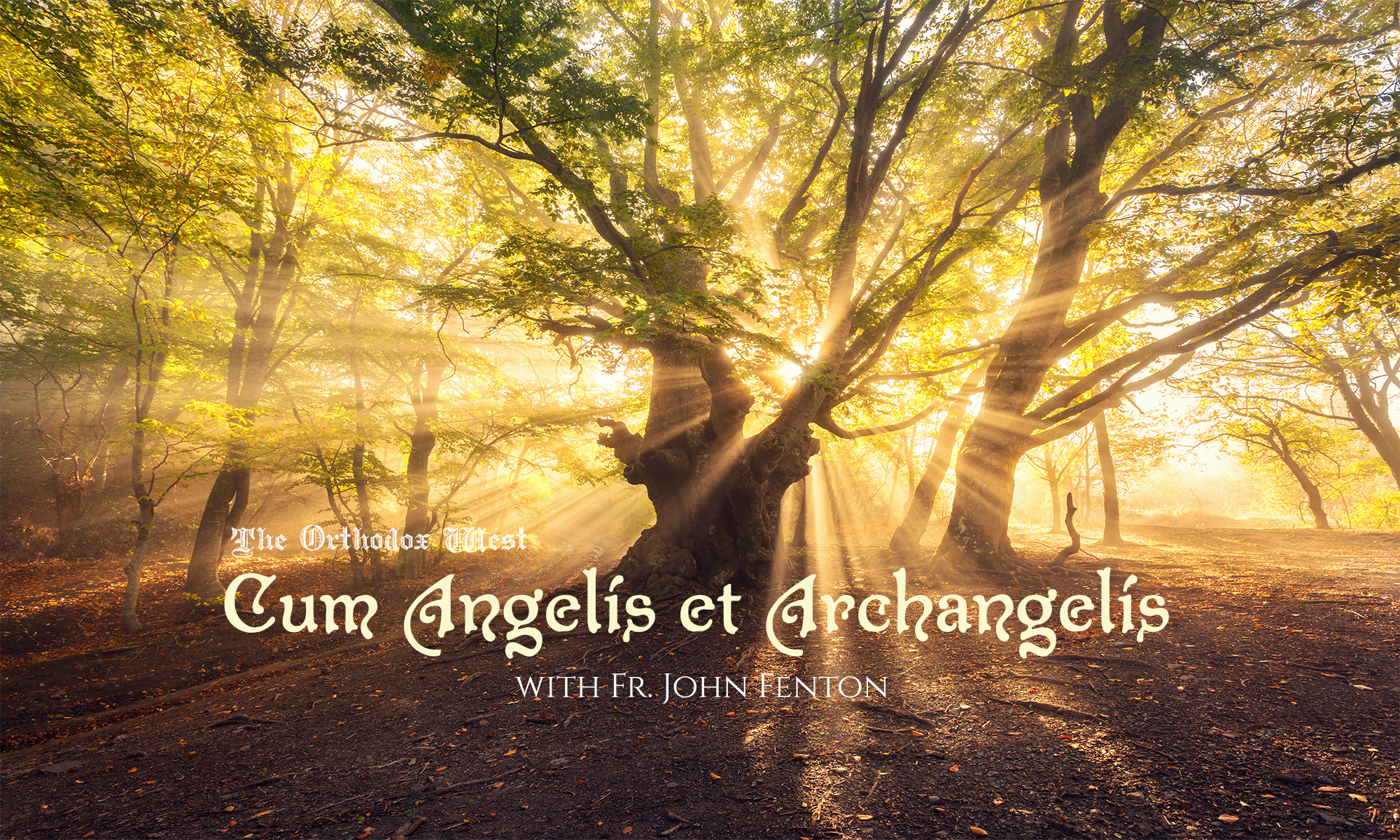“The most sacred Sacrifice of the Mass celebrated according to the rites and regulations is an act of public worship (cultus publici) offered to God in the name of Christ and the Church. Therefore, the term ‘private Mass’ (Missae privatae) should be avoided.” So decrees the General Rubrics of the Roman Missal (Rubricae Generales Missalis Romani, § 269) which prefaces the 1962 Missale Romanum promulgated by Pope John XXIII and now used as the exclusive text for the Latin Mass under the Extraordinary Form.
Such words would cheer the hearts of Martin Luther, the Anglican divines, and all other Protestants who decry “Private Masses.” They believe all masses should be “public,” and that there should not be any “private” masses. For in their mind, a “private mass” is a Mass celebrated for its own sake, by the priest as an act of personal devotion, without the need of anyone else except, perhaps, a server if he is available. And in these circumstances, such “solitary masses” (Missa solitaria) are rightly proscribed by the ancient canons. These canons prescribe that at least one other person (server, layman, even a catechumen) must be present to respond to the prayers, etc., even if the celebrant communes only himself.
Privata is the root for our English word “privation.”
There is, however, an unfortunate wordplay by the Protestants which Pope John XXIII accepted; namely, that the opposite of “public” is “private,” and that “privata” is a synonym for “solitaria.” In fact, the Latin word “privata” is very different from “solitaria” in the same way that the English word “private” does not mean the same thing as “solitary.” Privata is the root for our English word “privation,” which in turn appears within the word “deprivation” and “deprived.” Those words refer to the loss or lack of something necessary. That “something lacking” or “something missing” is not other people beside the priest. The absence of others—a Mass with no one present except the priest—is the forbidden “solitary Mass” (Missa solitaria). Correctly speaking, the “Private Mass” (Missa privata) that is mentioned in the liturgical books (rubrics, Ordo, rubrical manuals) refers to the deprivation of certain elements from the Solemn Mass (Missa solemnis). A Private Mass, then, is deprived of the sacred ministers (Deacon, Subdeacon) and the necessary cadre of servers. Therefore, a Sung Mass (Missa cantata) may be a type of Private Mass. More commonly, however, a Private Mass is a Mass deprived not only of certain personnel, but also of incense, song, and other ceremonies, i.e., a Low Mass or Said Mass (Missa lecta).
According to the rubrics and typical liturgical terminology employed prior to 1960, the term Private Mass (Missa privata) can also refer to many types of deprived Masses. In his work “The Celebration of Mass” (1949), J. O’Connell gives the 8 understandings of “Private Mass” (Missa privata) followed by liturgiologists prior to Vatican II.
A Private Mass is:
- A Mass celebrated in a private place (e.g., a private oratory, private house; not in a public church). It is deprived of its usual solemn setting.
- A Mass which is not a Solemn Mass or Sung Mass (i.e., a Low Mass), being deprived of the fullness of ceremony.
- A non-conventual Mass (i.e., outside the prescribed time [6 am to 1 pm] or not the principal Mass for the parish), being deprived of the standard context.
- A Mass which is neither sung nor conventual. Hence, not every Low Mass is a “private Mass”; for example, it could be that, for necessity, a Low Mass is celebrated on Sunday which, while deprived of solemn ceremony, is still the parochial or principal parish Mass.
- A Mass which is not “public” or “parochial” (i.e., a Mass restricted, for some reason like COVID; or a Mass not necessarily for the parish) being deprived, once again, of its usual context.
- A Mass detached from the Liturgy of the day (e.g., a Mass on Palm Sunday at which the palms are not blessed and carried in procession) being deprived, then, of the liturgical time.
- A “private” Mass of the dead (i.e., a spoken daily, weekly, or monthly Mass for the faithful departed rather than for a specific person or anniversary) is deprived of the common remembrance of a particular person.
- A “private” Votive Mass (whether Solemn, Sung, or Low) celebrated for a cause which is not public or grave (i.e., a Mass for rain or the sick generally, which is not required by the Bishop) being deprived, again, of the liturgical time.
All illustrative use of this definition would be the rubric that prohibits Private Masses during the Triduum sacrum. During this time, every one of the eight types of “Private Mass” are strictly forbidden by the rubrics in order to highlight both the uniqueness and the necessity of these particular celebrations. The rubric then means that a priest cannot, even with people gathered, celebrate a Mass on Holy Thursday, Good Friday, or Holy Saturday which does not conform to those specific liturgies, and which is outside of the public (approved) church or oratory.
To be sure, the Solemn Mass (Missa solemnis, sometimes called a “High Mass”) is the standard and the desire for every Mass celebrated in the Latin tradition. This form of the Mass should be assiduously celebrated daily, or at least on Sundays and Major Feasts (i.e., days of obligation and devotion) whenever possible. However, since many are regrettably deprived of all the necessities required for the Solemn Mass, the Sung Mass and Private Mass become the norm, as defined by the rubrics.
